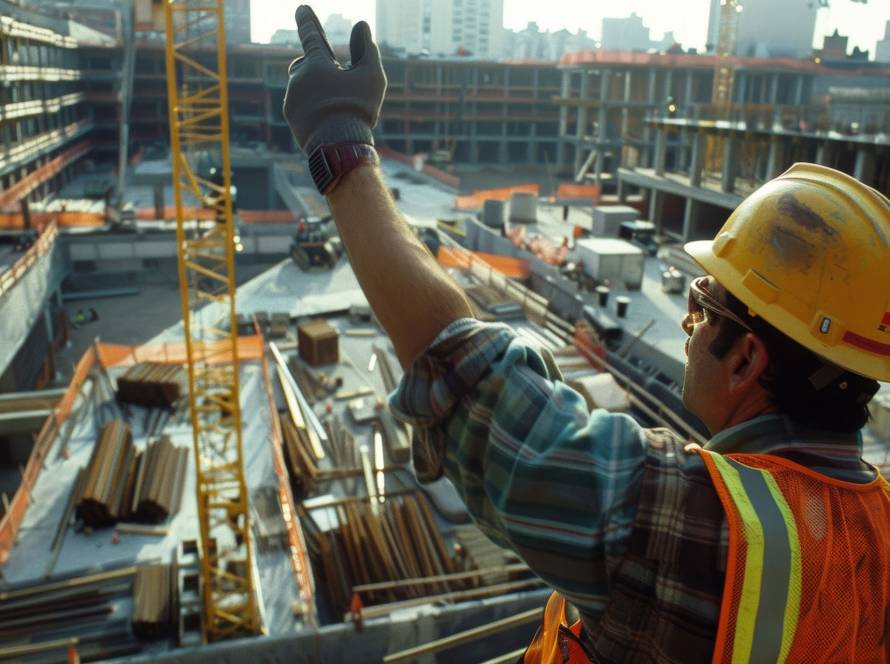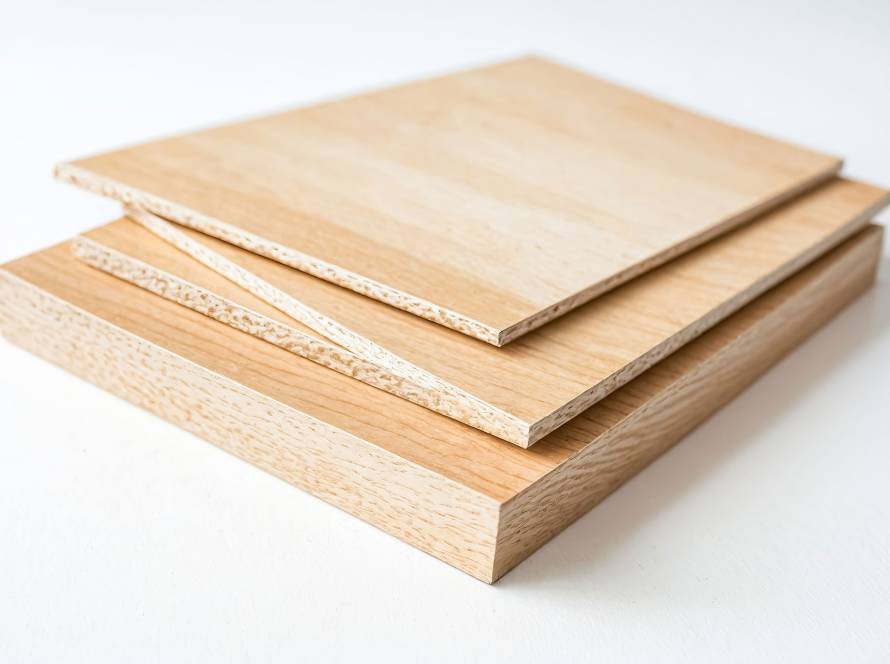The construction industry in the UAE is a key driver of economic growth, with ambitious infrastructure projects like the Expo 2020 legacy developments, smart cities, and sustainable housing initiatives. However, the success of these projects depends on the efficiency and reliability of the construction material supply chain. From sourcing raw materials to final delivery, every step plays a crucial role in ensuring projects stay on schedule and within budget. In this post, we’ll explore the supply chain of construction materials in the UAE, its key components, challenges, and strategies to maintain seamless operations.
1. Overview of the Construction Industry in the UAE
The UAE is known for large-scale construction projects, including skyscrapers, luxury hotels, ports, and residential developments. With a high demand for quality materials, the supply chain involves a complex network of suppliers, manufacturers, logistics providers, and contractors.
Some of the most in-demand materials include:
- Concrete and cement
- Steel and aluminum
- Glass and cladding materials
- Wood and insulation products
- Ceramics, tiles, and flooring materials
The construction supply chain in the UAE must meet high standards to comply with local regulations and accommodate the region’s unique climate conditions.
2. Key Components of the Construction Material Supply Chain
a) Sourcing and Procurement of Materials
The supply chain starts with sourcing raw materials from local and international suppliers.
- Local Sourcing: Materials like sand, aggregates, and cement are often sourced locally to reduce costs and lead times.
- International Imports: Specialized products, such as structural steel, glass, and high-performance cladding, are imported from China, India, Europe, and the US.
- Green and Sustainable Procurement: Increasingly, developers are sourcing eco-friendly and recycled materials to meet sustainability goals.
Gulf General Trading ensures that materials meet regulatory requirements and provides a reliable network of suppliers both locally and internationally.
b) Manufacturing and Processing
Raw materials are processed into usable forms, such as ready-mix concrete, fabricated steel, or ceramic tiles.
- Local Manufacturers: The UAE has several cement and concrete plants, steel fabrication facilities, and ceramic producers.
- Global Supply Chains: High-quality cladding materials and specialty products are often imported from Europe and Asia, where advanced manufacturing facilities are available.
Manufacturers need to maintain consistent quality and meet project deadlines to ensure the construction timeline isn’t disrupted.
c) Storage and Inventory Management
Efficient storage is essential to prevent material shortages or delays. Warehousing facilities are needed to store bulk materials such as steel, concrete, and aggregates.
- On-Site Storage: Large construction sites maintain dedicated storage areas for frequently used materials.
- Off-Site Warehousing: Contractors use off-site warehouses to store surplus or long-lead materials.
- Just-in-Time (JIT) Delivery: This strategy minimizes storage costs by delivering materials only when needed, ensuring smooth project flow.
d) Transportation and Logistics
Transporting construction materials efficiently is critical to the supply chain. Logistics providers must navigate customs clearances, import regulations, and local transportation networks.
- Land Transport: Trucks are the primary mode for local transportation within the UAE and across the GCC region.
- Sea Freight: Ports like Jebel Ali handle large volumes of construction materials imported by sea.
- Air Freight: High-value or time-sensitive materials, such as glass facades or luxury finishes, are sometimes flown in.
Gulf General Trading ensures timely deliveries with a reliable network of logistics partners.
3. Challenges in the Construction Material Supply Chain in the UAE
a) Fluctuations in Material Prices
Global commodity prices affect the cost of materials like steel, aluminum, and cement, impacting project budgets. The construction sector in the UAE must manage price volatility to avoid budget overruns.
Solution:
Developing long-term contracts with suppliers helps stabilize prices. Contractors also use bulk purchasing strategies to lock in favorable rates.b) Customs and Import Regulations
The UAE imports a significant portion of its construction materials, and customs clearances and import duties can cause delays.
Solution:
Working with experienced suppliers and logistics providers ensures compliance with customs regulations and minimizes delays.c) Supply Chain Disruptions
Global events, such as the COVID-19 pandemic, can disrupt the flow of materials, leading to delays in delivery and increased costs.
Solution:
Diversifying suppliers and building local inventories helps reduce reliance on a single source and ensures business continuity during disruptions.
d) Environmental and Sustainability Challenges
Developers are increasingly under pressure to adopt sustainable materials and reduce carbon footprints, making it necessary to rethink procurement and manufacturing processes.
Solution:
The use of recycled materials, green certifications, and local sourcing helps meet sustainability targets.
4. Trends Shaping the Construction Material Supply Chain in the UAE
a) Digitalization and Supply Chain Visibility
With the rise of Building Information Modeling (BIM) and other digital tools, construction companies are improving supply chain transparency. These tools allow contractors to track inventory, manage orders, and monitor delivery timelines in real-time.b) Sustainable and Green Building Materials
Demand for eco-friendly materials is increasing as developers aim to meet LEED and Estidama green building standards. Materials like recycled concrete, solar panels, and low-VOC paints are gaining traction.c) Smart Warehousing and Automation
Advanced warehousing solutions, including automated inventory management systems, are helping contractors store and retrieve materials efficiently, reducing wastage.
5. The Role of Gulf General Trading in Streamlining the Supply Chain
At Gulf General Trading, we understand the complexities of managing a reliable supply chain for construction materials. We offer:
- Sourcing from Trusted Suppliers: A global network of suppliers ensures high-quality and timely materials.
- Expertise in Import and Logistics: We handle customs clearances and logistics to deliver materials on time.
- Sustainable Material Solutions: We provide eco-friendly products that align with the UAE’s green building initiatives.
- On-Time Delivery: Our efficient supply chain management minimizes project delays and reduces costs.



